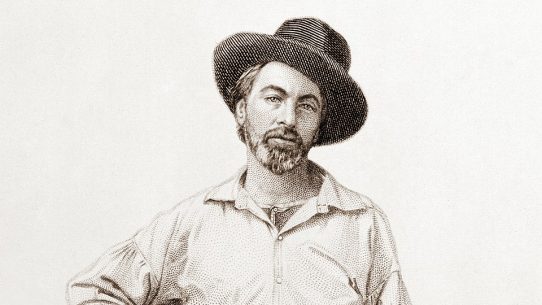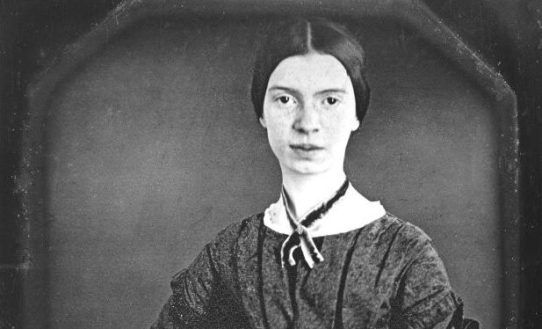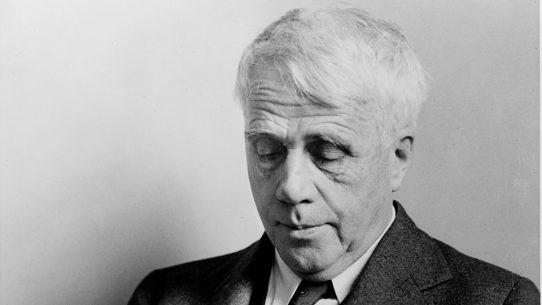William Shakespeare (1564–1616) stands as the most celebrated playwright and poet in the English language. His works have shaped literature, theater, and storytelling across centuries, giving voice to the full range of human emotion and experience.
Often called the “Bard of Avon,” Shakespeare’s genius lies in his ability to blend profound insight with universal themes — love, ambition, betrayal, and mortality — through poetry of unmatched beauty and precision.
Early Life and Education
Shakespeare was born on April 23, 1564, in Stratford-upon-Avon, England, to John Shakespeare, a prosperous glove maker, and Mary Arden, the daughter of a local landowner. Little is known about his early years, but he likely attended the local grammar school, where he would have studied Latin, classical literature, and rhetoric — foundations that later informed his poetic and dramatic craft.
At eighteen, he married Anne Hathaway, eight years his senior, and together they had three children: Susanna, and twins Hamnet and Judith. By his early twenties, Shakespeare had left Stratford for London, where he began building his career as both actor and playwright.
Literary Career and Major Works
Shakespeare’s career flourished during the reigns of Elizabeth I and James I, a period when English theater reached new heights. He became a member and part-owner of the Lord Chamberlain’s Men (later the King’s Men), one of London’s leading theater companies. His plays and poems were performed at the Globe Theatre and the royal court, attracting audiences from all social classes.
As a dramatist, Shakespeare’s output was extraordinary — 39 plays, 154 sonnets, and several narrative poems. His early works, including Romeo and Juliet, A Midsummer Night’s Dream, and The Merchant of Venice, reveal a fascination with love, identity, and illusion. His later tragedies — Hamlet, Othello, King Lear, and Macbeth — probe the depths of human ambition and despair with unmatched psychological insight.
In addition to his plays, Shakespeare’s Sonnets (published 1609) stand as a cornerstone of English poetry, exploring love, time, beauty, and mortality with philosophical depth and linguistic brilliance.
Style, Themes, and Influence
Shakespeare’s writing combines lyrical mastery with profound humanity. His blank verse transformed English drama, freeing dialogue from rigid structure while maintaining rhythm and grandeur. His facility with metaphor, wordplay, and imagery gave his language emotional power and enduring resonance.
Recurring themes in his works — love and jealousy, fate and free will, power and corruption — continue to mirror the complexities of human life. Shakespeare’s insight into character and motive redefined how literature represents the inner world, influencing not only poetry and drama but philosophy, psychology, and political thought.
Every era has found new meanings in Shakespeare’s words: the Romantics admired his imagination, the Victorians his moral vision, and modern critics his exploration of identity and ambiguity. His influence on the English language is immense; many everyday expressions and idioms trace directly back to his lines.
Later Life and Legacy
By around 1610, Shakespeare retired to his home in Stratford, though he continued to revise and collaborate on plays. He purchased the second-largest house in town, New Place, where he lived comfortably until his death on April 23, 1616 — reportedly his fifty-second birthday.
Shakespeare was buried in Holy Trinity Church, Stratford-upon-Avon, where his grave bears a self-written epitaph warning against disturbing his remains. After his death, his friends and fellow actors compiled Mr. William Shakespeare’s Comedies, Histories, & Tragedies (1623), known as the First Folio, preserving eighteen plays that might otherwise have been lost.
Over four centuries later, Shakespeare’s words remain alive on stage, in classrooms, and across cultures worldwide. His vision of humanity — flawed yet capable of greatness — continues to define the possibilities of art and language.
Notable Works
- Romeo and Juliet (1597)
- Hamlet (1601)
- Macbeth (1606)
- Othello (1604)
- King Lear (1606)
- A Midsummer Night’s Dream (1595)
- The Tempest (1611)
- Sonnets (1609)
Related Poets
Thomas Kyd, Christopher Marlowe, Ben Jonson, John Donne, Edmund Spenser






